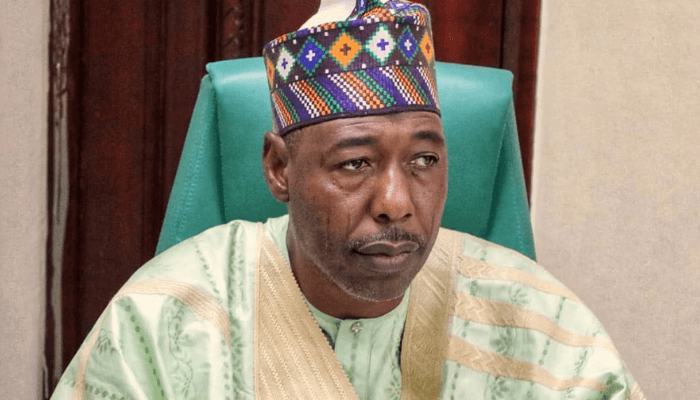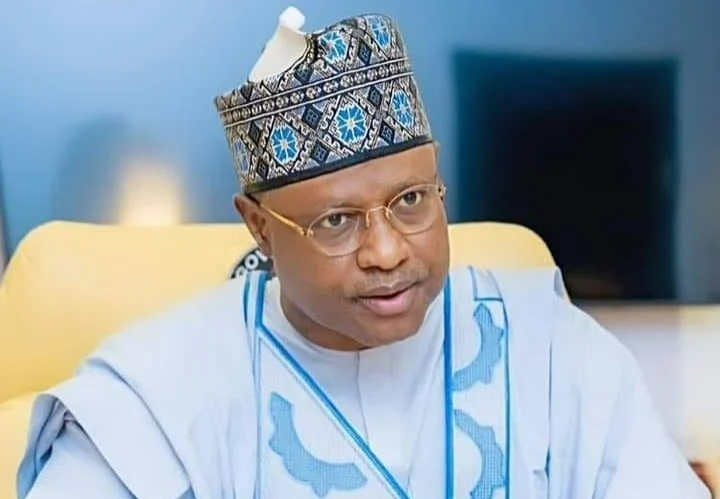The Rural Electrification Agency has launched a 550kWp solar hybrid mini-grid in Bakin Ciyawa and Kwande communities, Qua’an Pan LGA, Plateau State, to power 3,500 households, adding that
Meanwhile, the agency also revealed that at least 20,000 communities nationwide still lack access to electricity.
The Managing Director of the Rural Electrification Agency, Abba Aliyu, disclosed this at a ceremony on Monday.
Aliyu stated that the projects, developed under the Interconnected Mini-Grid Accelerated Scheme, are part of an €11 million grant from the European Union and the German government to electrify rural communities.
Represented by REA Executive Director Doris Ugoh, Aliyu said, “For the Bakin Ciyawa and Kwande communities, the completion of this 550kWp interconnected mini-grid is a game-changer. Bakin Ciyawa now has a 390kWp system, and Kwande has a 160kWp system.
“Together, these systems will provide clean and sustainable electricity to over 3,500 households and countless micro, small, and medium enterprises.
“The total package they gave us is over 11 million euros which has been divided according to the capacity needs of each community. More than 60 per cent of this project was donated by the EU and the German government.”
He further noted that “one of the most profound benefits of these solar mini-grids is their impact on the environment. By replacing traditional fossil fuel-based energy sources such as diesel generators and kerosene, these mini-grids are significantly reducing carbon emissions.
“The 550kWp system installed in Bakin Ciyawa and Kwande will reduce an estimated 600 tons of CO2 emissions annually. This carbon emission reduction is equivalent to taking approximately 130 cars off the road or planting about 15,000 trees each year. These reductions are crucial in mitigating climate change and moving towards a greener future for Nigeria.”
He emphasized that while some communities are struggling to upgrade to the scale of the project, 10,000 communities have been mapped out, while over 20,000 communities nationwide remain unelectrified.
Aliyu noted that protecting the project would motivate the agency to extend the solar initiative to nearby communities.
The REA boss stated that by replacing traditional fossil fuel-based energy sources like diesel generators and kerosene, the mini-grids are playing a key role in significantly reducing carbon emissions.
Also speaking, the Plateau State Governor, Caleb Mutfwang recalled that a Memorandum of Understanding was signed last year between the Plateau State Government and REA to bring electricity to rural communities in Plateau State.
Mutfwang, represented by the Commissioner for Tourism, Mr Cornelius Doeyok, expressed his gratitude to the agency for partnering with the state to bring electricity to the rural communities.
He also recalled “that a N1.2bn counterpart funding was paid to enable our primary health clinics to get lighted through projects like this.
“And this he is doing to enable the rural communities to key into preventive medicine. Because most of our medicines get spoiled because we don’t have the facilities to keep them.”
Meanwhile, the German Ambassador, Dr Karin Jansin, described the project as highly important to both her country and Plateau State, noting that more than 20,000 people would benefit from it.
She added that the project would contribute to job creation, particularly in agriculture, industries, and various other sectors.











